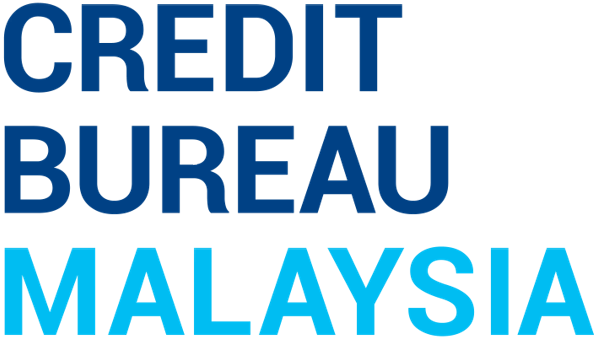

In today’s financial world, where credit worthiness plays a rather pivotal role in providing access to better credit opportunities, it is of utmost importance to have a well-maintained credit report.
This guide delves into why regular monitoring of your credit report is not just beneficial but forms a part of critical component of sound financial management.
Unveiling the Importance of Regular Credit Report Monitoring
1. Accurate Creditworthiness Assessment
Your credit report is a record or information which has bearing on your, eligibility to be provided with credit, history in relation to credit or capacity to repay credit.
Credit providers, for example, financial institutions, scrutinize this document and use the information as one of the sources of indicators to assist them to make more informed decisions about offering credit. An error, a misreported debt, or an outdated item could paint a misleading picture of your financial health to credit providers.
Regular checks and requests for correction of the information contained in your credit report would ensure that your credit report accurately reflects your financial health, behavior and stability.
2. Fraud Detection and Prevention
The rise of digital transactions has increased the risk of digital identity theft and financial fraud. Regular monitoring of your credit report is one of the ways to detect unauthorized financial activities.
Spotting unfamiliar accounts or sudden, unexplained debts could be the first sign of identity theft. Early detection of these discrepancies is crucial for taking immediate action, thus preventing potential long-term financial repercussions and better protecting your credit standing.

3. Optimization of Your Credit Score
Understanding and improving your credit score starts with your credit report. It contains detailed information about your credit accounts, including your payment history, the amount of credit you’re using, and the length of your credit history.
By reviewing this report, you can identify what’s working in your favor and what’s not. For instance, high credit utilization or late payments negatively impact your score.
Knowing these factors empowers you to make strategic decisions to improve or maintain a good credit score, which is crucial for securing credit on favorable terms.
4. Access to Better Credit and Loan Opportunities
Having a robust credit report is one of your ticket(s) to better financial opportunities. It may significantly influence the terms of credit extended to you, including interest rates, credit limits, and loan approval chances.
A positive credit report increases your appeal to credit providers, potentially leading to more favorable loan terms and/or lower interest rates, which may save you significant amounts of money over time.
Conversely, a poor credit report may lead to high-interest rates and/or limited credit opportunities, impacting your financial flexibility.

5. Effective Personal Financial Management
Regularly checking your credit report is a proactive approach to personal financial management. It offers you a rather holistic view of your credit activities and financial obligations.
This awareness is crucial for planning and managing your finances effectively. You may be able to track your progress in paying off debts, see how your credit utilisation changes over time, and make more informed decisions about future credit use.
It may also help you to budget more effectively and avoid over-leveraging, which is one of the keys to maintaining financial stability.
6. Meeting Financial Institution Requirements
Credit providers use your credit report, amongst other indicators to assess your risk profile. A clean and accurate report has the potential to make the difference between approval and rejection of credit applications. It’s also used to determine the interest rate you’ll be charged on loans and credit cards.
In some cases, employers and rental agencies may review your credit report as part of their assessment process. Therefore, a well-maintained credit report is essential for meeting various institutional credit requirements and accessing a wider range of financial services.

7. Empowering Financial Literacy
Regularly engaging with your credit report may enhance your financial literacy. It provides you with the information on the components that constitute your credit score and the factors that credit providers consider when evaluating credit applications.
This understanding is invaluable for making more informed decisions about credit use, debt management, and overall financial planning.
Conclusion
Regularly monitoring your credit report and making the necessary positive adjustments to your financial behaviors are essential in the maintenance of good financial health.
Take charge of your financial health. Start checking your credit report regularly today for a more secure and informed financial journey ahead. Check out your MySCoRE report today!


